Kitchen nightmares show George Calombaris’ wage theft scandal is tip of the iceberg, experts say
The wage rip-off that brought down George Calombaris is just the beginning. Aussie restaurants are rife with bullying, hazing and sexism.
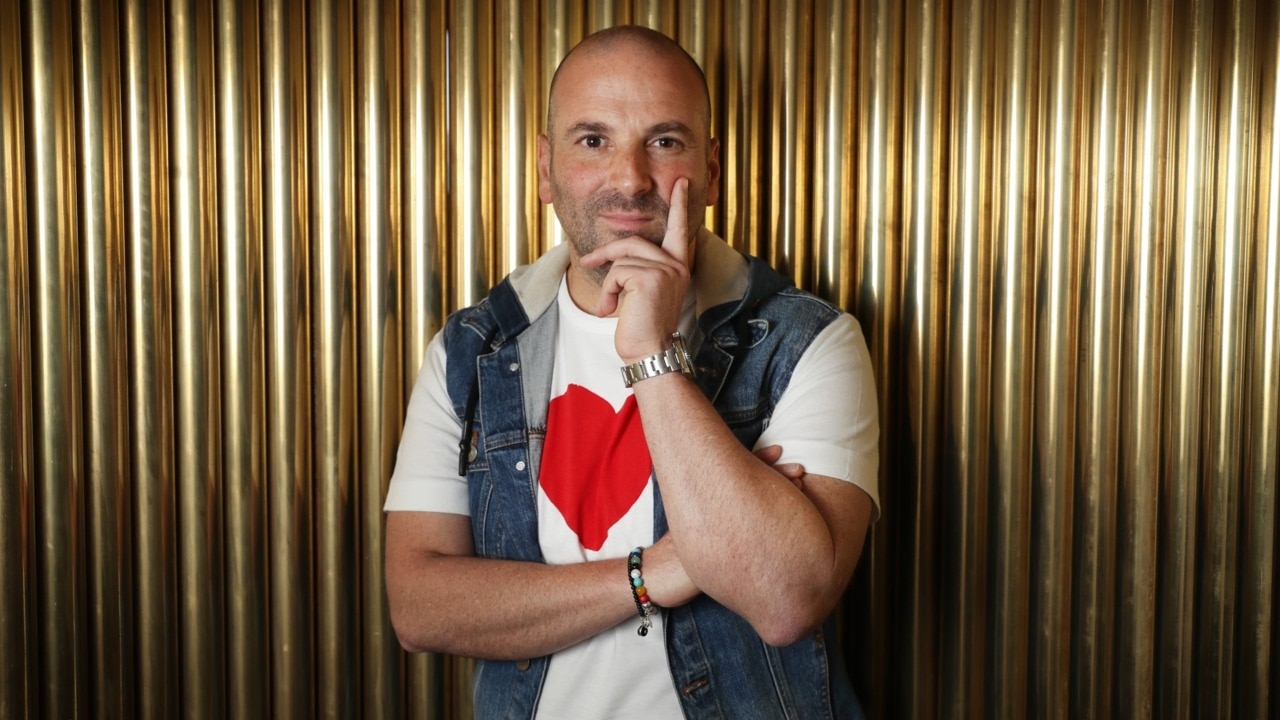
The issue of wage theft in hospitality is receiving renewed attention after the collapse of George Calombaris’s restaurant empire, but experts say it masks a litany of other “toxic” traits plaguing the industry.
Academics, advocates and insiders have revealed that many commercial kitchens are places where abuse, bullying, unacceptable work conditions and a culture of fear are commonplace.
Associate Professor Richard Robinson from The University of Queensland’s business school, also a former chef, interviewed 180 culinary students, apprentice chefs and mature chefs as part of a research project and found “worker exploitation is institutionalised”.
A toxic culture in many kitchens allowed serious instances of bullying, sexism and hazing rituals to fester, while dangerously long hours were considered the norm, he said.
“I don’t want to sound sensational, but yes, I have heard a lot of personal stories that suggest the bullying and harassment of yesteryear are still present in some kitchens,” Associate Professor Robinson said.
Being subjected to inappropriate treatment and “banter” was viewed by senior chefs as a rite of passage for young apprentices, he said.
“It’s what younger people might call ‘hazing’. I found a lot of evidence of that. I also observed that the kitchen hasn’t become a friendly environment for females,” he said.
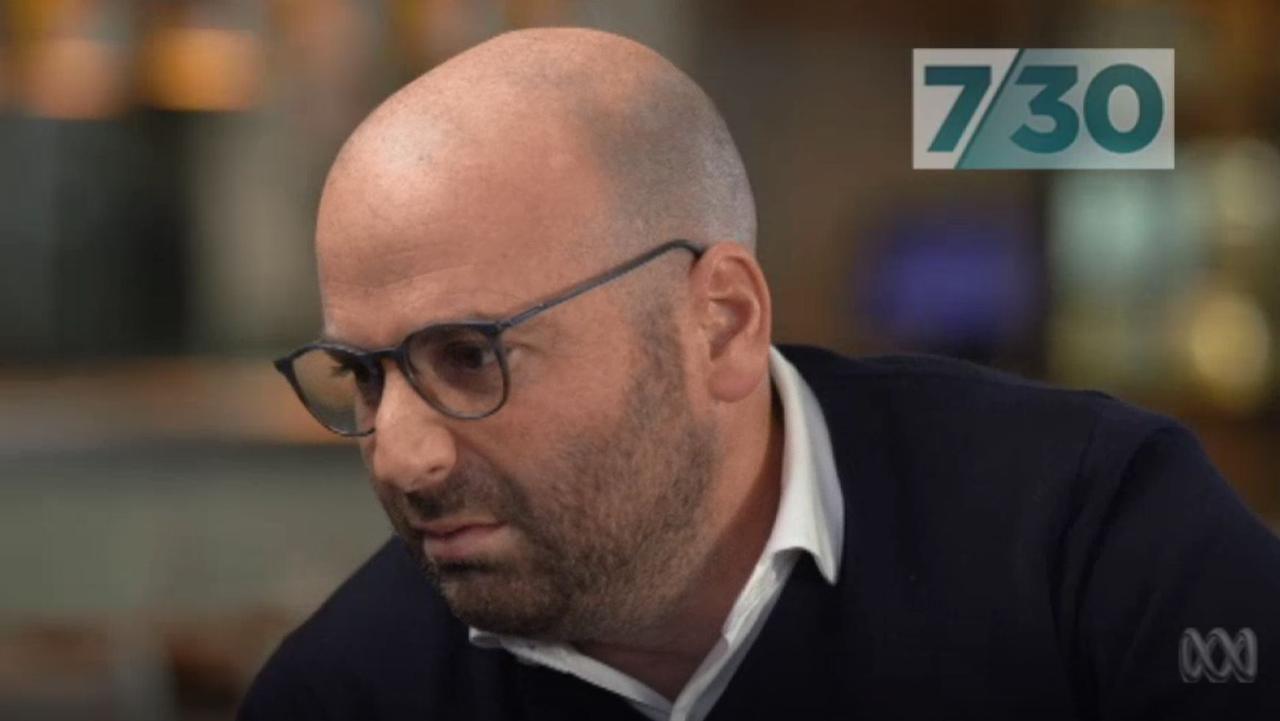
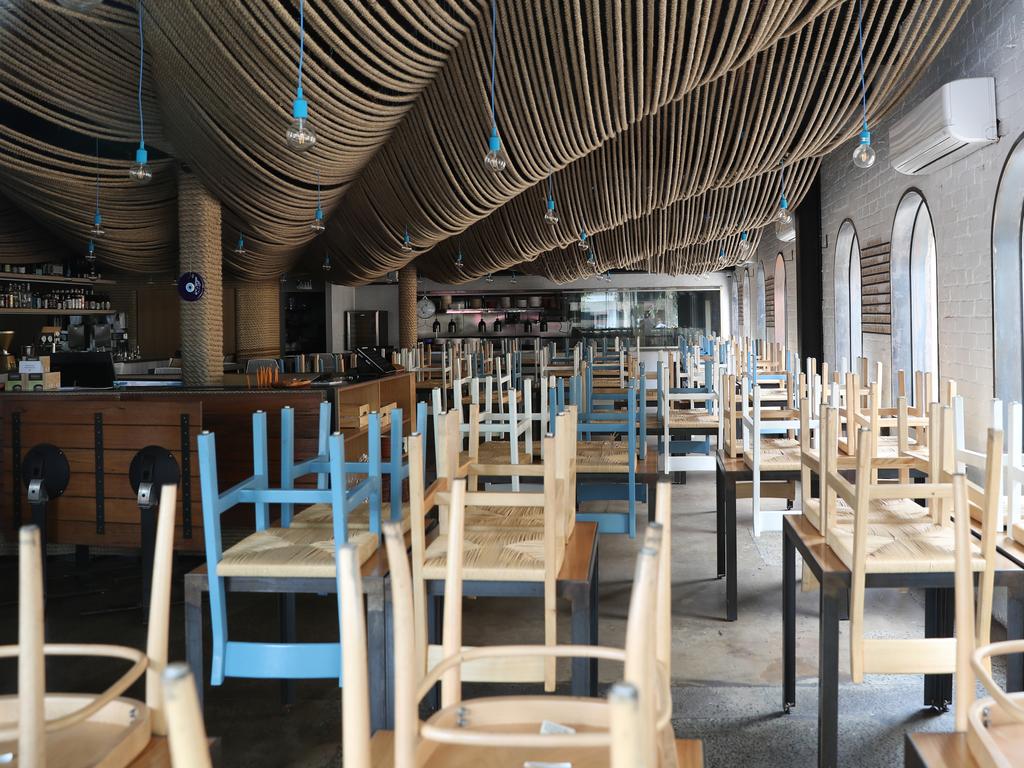
The impact of toxic work environments could be devastating, particularly for young chefs, and affect mental health, Associate Professor Robinson said.
“The kitchen is a pressured and stressful enough environment already. There’s the pressure of getting meals out on time, busy services that go for a few hours, often backing up and doing it three or four hours later, people are working unsociable hours, the kitchen is hot and sweaty, things do go wrong,” he said.
“What my research is showing is that the pressure cooker is always on but there’s this other stuff that’s dialling it up unnecessarily.
“Some of the saddest stories we heard in our research were from the young people who live in fear. People are frightened to go to work, frightened to ask questions, frightened to do what they’re supposed to be there to do, which is to learn.”
MAKING A TRADE-OFF
Part of the problem is that sometimes a particularly “toxic” workplace is one that’s attractive for prospective staff, Associate Professor Robinson said.
That leads to a conscious trade-off from workers “between the learning, passion and opportunity, and some pretty appalling conditions”.
“They like having a famed or celebrity restaurant’s name on their CV, the work is stimulating, and putting aside some of these negative aspects, there’s an incredible and exciting vibe,” he said.
RELATED: George Calombaris places restaurant empire into administration
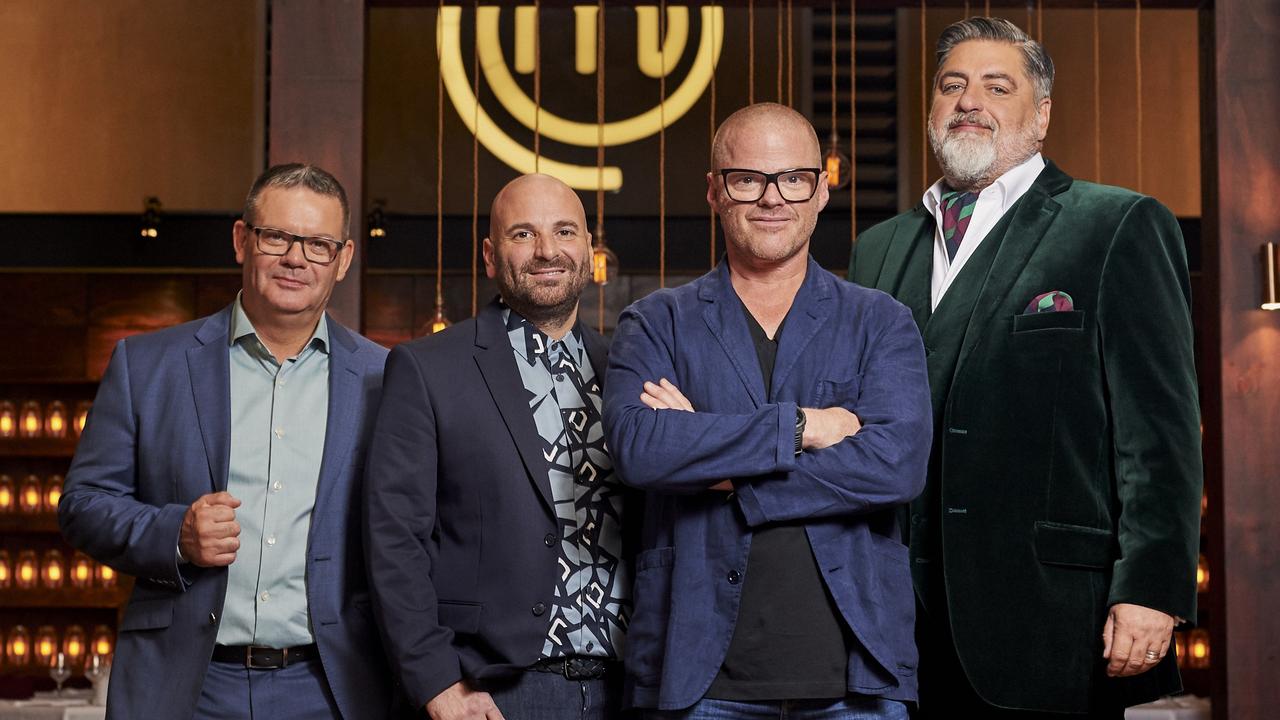
A chef working for one of Australia’s biggest hospitality groups told news.com.au he experienced “pure exploitation” that was seen as a normal part of working in a kitchen.
“The starting wage as a chef de partie (a section chef) is $55,000 – that’s $846 a week,” the man, who asked he not be named, said.
“During busy times in my kitchen, overtime doesn’t kick until (you’ve worked) 55 hours. That (makes the pay) well and truly below minimum wage.
“How do you pay rent and put food on the table for a family with that?”
Kitchen staff are “too scared” to complain or demand fair treatment because they risk losing their job, with a large pool of replacements available, he said.
Many of them are likely to be foreign workers, who are more vulnerable to exploitative conditions.
It’s not just foreigners who are particularly vulnerable, United Workers Union national president Jo-anne Schofield said, given hospitality attracts a predominantly young, diverse and multicultural workforce.
“Workers might not always be aware of their rights or if they (are), feel too intimidated to speak up,” she said.
“High rates of casualisation and workforce turnover encourages employers to expect little questioning and resistance about what can be going on in a venue.”
Ms Schofield said the union has heard countless stories from its members of “workplaces plagued by bullying and harassment”.
“The long hours, intense pressure, wage theft and lack of concern for workers’ mental health are all too familiar for most chefs,” she said.
RELATED: Inside the spectacular collapse of George Calombaris’ hospitality empire
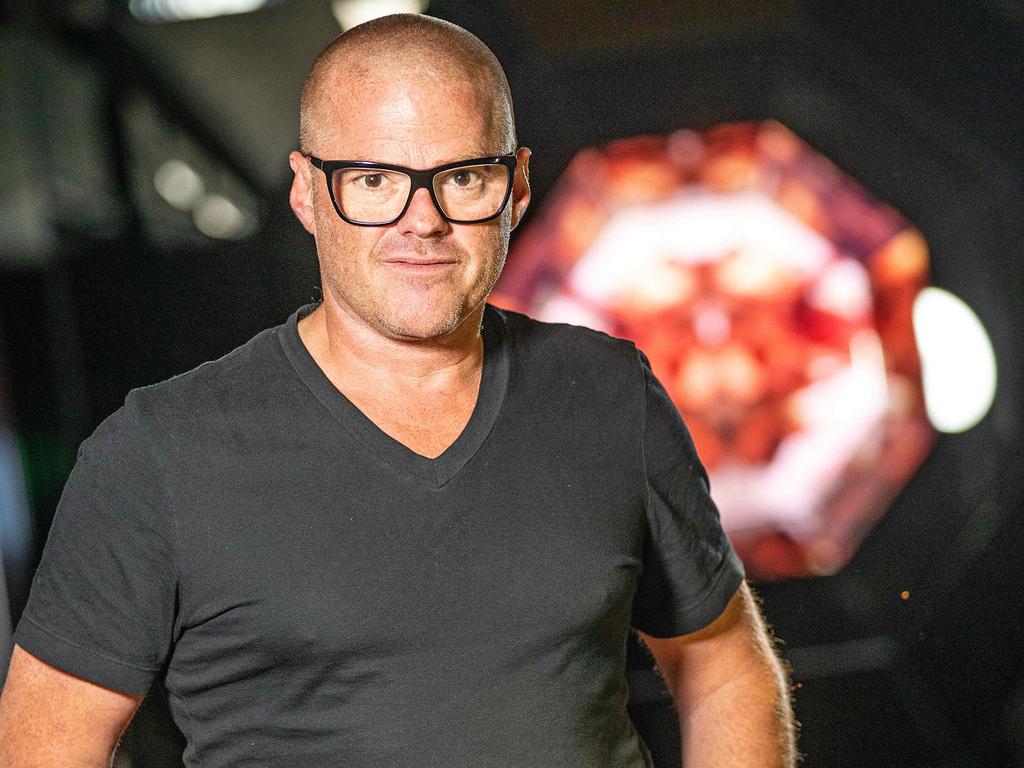
WAGE THEFT A ‘BUSINESS MODEL’
Cases involving famous figures or brands, from the Calombaris saga to the collapse of British celebrity chef Heston Blumenthal’s Dinner By Heston venue in Melbourne, have brought the issue to the fore.
But wage theft is rife and occurring in a range of establishments, big and small, across Australia, Ms Schofield said.
“We are seeing employers who are systematically exploiting weak laws, lack of enforcement, inadequate scrutiny and ineffective deterrence measures,” Ms Schofield said.
“Wage theft is wage theft – it makes no difference to a worker if they are exploited and underpaid by a celebrity chef or a local cafe.”
A chef for Dinner by Heston working on a temporary visa said he felt like “indentured labour” after his experience.
“We were made to work these crazy hours and we’re so terrified of speaking out or standing up for our rights,” he said.
“We were told we were lucky to work 70 to 80 hours a week. My visa has been hanging in the balance for over six months. My whole life is in Australia. And I face losing it all.”
RELATED: New research reveals at least $1 billion owed in lost pay to Aussie workers
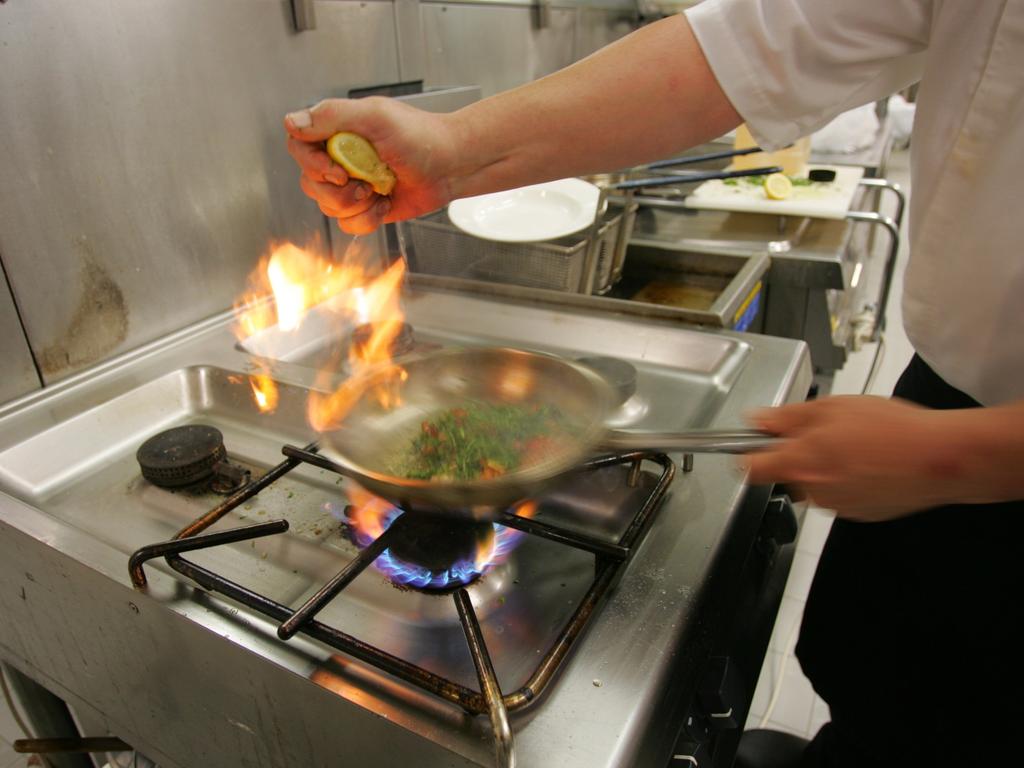
In his research, Associate Professor Robinson said there was direct reporting from participants of wage theft occurring in three forms – unpaid overtime, not paying correct penalty rates, and making those looking for jobs do free work trials.
“A lot of people were aware they’re being short-changed but they’re willing to accept the trade-off. There was also a cohort that didn’t actually know … what their entitlements were, and that suggests wage theft is actually underreported.”
A 2018 Senate Inquiry into avoidance of the Fair Work Act heard an estimated 79 per cent of hospitality businesses were potentially non-compliant with wage awards.
“It’s staggering,” Associate Professor Robinson said.
“The celebrity chef narrative of late is interesting but it’s not actually helpful in understanding the whole raft of issues that allow wage theft to continue.
“There’s not just one bad boy – a single villain. It’s rampant in many kitchens. On top of that, there are a whole lot of other things happening as well, including many that are deeply culturally embedded.”
Associate Professor Robinson stressed that not every kitchen has issues and some of his research participants were “mystified” by what others had experienced.
“Some of the participants work in nurturing and supportive environments. There were some really positive experiences. It would be unfair to say that every kitchen is bad, the whole industry is rotten to the core,” he said.
“But there are serious issues for the industry to address.”




